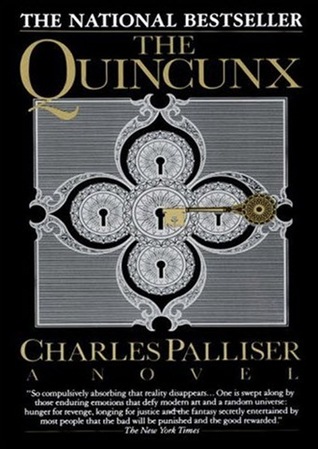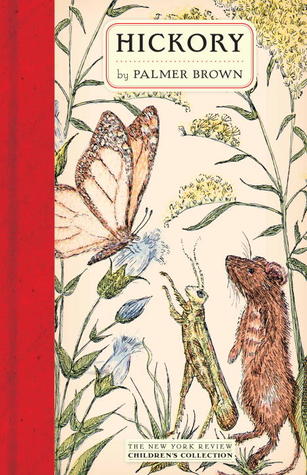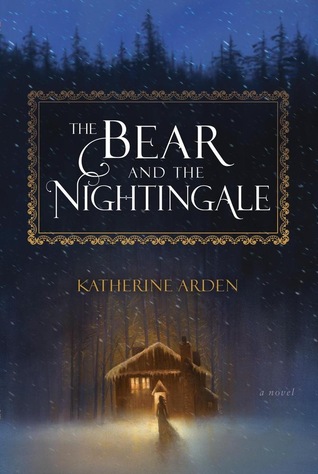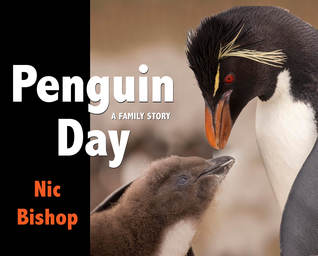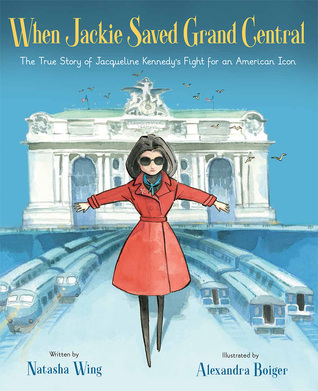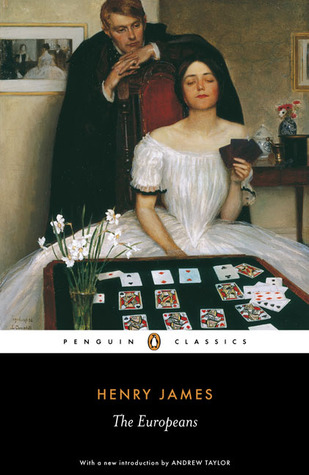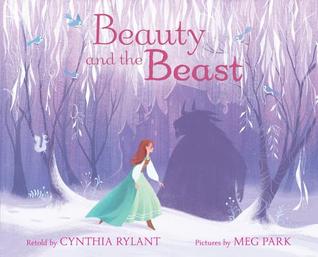Favorite nonfiction picture book: The Legendary Miss Lena Horne. Carole Boston Weatherford. Illustrated by Elizabeth Zunon. 2017. 48 pages. [Source: Library]
Favorite early chapter book: Mae and June and the Wonder Wheel. Charise Mericle Harper. 2017. HMH. 128 pages. [Source: Review copy]
Favorite early reader: Hand, Hand, Fingers, Thumb. Al Perkins. 1969. Random House. 36 pages. [Source: Bought]
Favorite realistic fiction (verse novel too): Garvey's Choice. Nikki Grimes. 2016. 120 pages. [Source: Library]
Favorite speculative fiction: Your Sins and Mine. Taylor Caldwell. 1955/2017. Open Road Media. 105 pages. [Source: Review copy]
Favorite historical fiction: Schoolhouse in the Woods. Rebecca Caudill. Illustrated by Decie Merwin. 1949. 129 pages. [Source: Library]
Favorite nonfiction: Hiroshima. John Hersey. 1946/1989. 152 pages. [Source: Bought]
Favorite classic: Twelve Angry Men. Reginald Rose. 1954/2006. 79 pages. [Source: Library]
Favorite christian fiction: No One Hears But Him. Taylor Caldwell. 1966/2017. Open Road Media. 212 pages. [Source: Review copy]
Favorite christian nonfiction: The Parables of Jesus. James Montgomery Boice. 1983/2016. Moody. 232 pages. [Source: Review copy]
Board books and picture books:
- Freedom in Congo Square. Carole Boston Weatherford. Illustrated by R. Gregory Christie. 2016. 34 pages. [Source: Library]
- Freedom Over Me: Eleven Slaves, their Lives and Dreams Brought to Life. Ashley Bryan. 2016. 56 pages. [Source: Library]
- Hats Off To You. Karen Beaumont. Illustrated by LeUyen Pham. 2017. Scholastic. 40 pages. [Source: Review copy]
- Penguin Day. Nic Bishop. 2017. Scholastic. 32 pages. [Source: Review copy]
- When Jackie Saved Grand Central. Natasha Wing. 2017. HMH. 48 pages. [Source: Review copy]
- Chicken Story Time. Sandy Asher. Illustrated by Mark Fearing. 2016. (Dec) 40 pages. [Source: Library]
- Peppa Pig and the Camping Trip. 2016. Candlewick Press. 32 pages. [Source: Review copy]
- Umbrella. Taro Yashima. 1958/1977. 40 pages. [Source: Bought]
- Language of Angels. Richard Michelson. 2017. Charlesbridge. 32 pages. [Source: Review copy]
- The Legendary Miss Lena Horne. Carole Boston Weatherford. Illustrated by Elizabeth Zunon. 2017. 48 pages. [Source: Library]
- Beauty and the Beast. Cynthia Rylant. Illustrated by Meg Park. 2017. Disney-Hyperion. 40 pages. [Source: Library]
- Millions of Cats. Wanda Gag. 1928. 32 pages. [Source: Library]
- Blueberries for Sal. Robert McCloskey. 1948. 56 pages. [Source: Library]
- Hand, Hand, Fingers, Thumb. Al Perkins. 1969. Random House. 36 pages. [Source: Bought]
- Hickory. Palmer Brown. 1978. 42 pages. [Source: Bought]
- Mae and June and the Wonder Wheel. Charise Mericle Harper. 2017. HMH. 128 pages. [Source: Review copy]
- Nutmeg the Guinea Pig (Dr. KittyCat #5) Jane Clarke. 2017. Scholastic. 96 pages. [Source: Review copy]
- Tales of a Fourth Grade Nothing. Judy Blume. 1972. 144 pages. [Source: Bought]
- Otherwise Known as Sheila the Great. Judy Blume. 1972. 160 pages. [Source: Library]
- Superfudge. Judy Blume. 1980. 192 pages. [Source: Library]
- Fudge-a-mania. Judy Blume. 1990. 176 pages. [Source: Library]
- Double Fudge. Judy Blume. 2002. 224 pages. [Source: Library]
- R, My Name is Rosie. Barbara Cohen. 1978. 188 pages. [Source: Book I bought]
- Schoolhouse in the Woods. Rebecca Caudill. Illustrated by Decie Merwin. 1949. 129 pages. [Source: Library]
- The Marvels. Brian Selznick. 2015. Scholastic. 665 pages. [Source: Review copy]
- Garvey's Choice. Nikki Grimes. 2016. 120 pages. [Source: Library]
- Mandy. Julie Andrews Edwards. 1971. 320 pages. [Source: Bought]
- R, My Name is Rosie. Barbara Cohen. 1978. 188 pages. [Source: Book I bought]
- Your Sins and Mine. Taylor Caldwell. 1955/2017. Open Road Media. 105 pages. [Source: Review copy]
- The Girl Who Drank the Moon. Kelly Barnhill. 2016. 388 pages. [Source: Library]
- Carve the Mark. Veronica Roth. 2017. 468 pages. [Source: Library]
- The Worthing Saga. Orson Scott Card. 1992. Tor. 463 pages. [Source: Bought]
- The Roar. Emma Clayton. 2008. Scholastic. 496 pages. [Source: Review copy]
- The Bear and the Nightingale. Katherine Arden. 2017. 322 pages. [Source: Library]
- Lifers. M.A. Griffin. 2017. Scholastic. 288 pages. [Source: Review copy]
- The Newcomer. Suzanne Woods Fisher. 2017. Revell. 336 pages. [Source: Review copy]
- The Silent Songbird. Melanie Dickerson. 2016. Thomas Nelson. 296 pages. [Source: Review copy]
- Schoolhouse in the Woods. Rebecca Caudill. Illustrated by Decie Merwin. 1949. 129 pages. [Source: Library]
- La Vendee. Anthony Trollope. 1850. 512 pages. [Source: Bought]
- Mandy. Julie Andrews Edwards. 1971. 320 pages. [Source: Bought]
- R, My Name is Rosie. Barbara Cohen. 1978. 188 pages. [Source: Book I bought]
- The Bear and the Nightingale. Katherine Arden. 2017. 322 pages. [Source: Library]
- Darcy's Hope at Donwell Abbey. Ginger Monette. 2017. 413 pages. [Source: Review copy]
- Twelve Angry Men. Reginald Rose. 1954/2006. 79 pages. [Source: Library]
- Darcy's Hope at Donwell Abbey. Ginger Monette. 2017. 413 pages. [Source: Review copy]
- The Pilgrim's Progress. John Bunyan. 1678. 301 pages. [Source: Bought]
- La Vendee. Anthony Trollope. 1850. 512 pages. [Source: Bought]
- The Warden. Anthony Trollope. 1855. Oxford World's Classics. 294 pages. [Source: Bought]
- The Adolescent. Fyodor Dostoyevsky. Translated by Richard Pevear and Larissa Volokhonsky. 1875/2004. 647 pages. [Source: Library]
- The American. Henry James. 1877. 400 pages. [Source: Bought]
- The Europeans. Henry James. 1878. 192 pages. [Source: Bought]
- Hiroshima. John Hersey. 1946/1989. 152 pages. [Source: Bought]
- Schoolhouse in the Woods. Rebecca Caudill. Illustrated by Decie Merwin. 1949. 129 pages. [Source: Library]
- Twelve Angry Men. Reginald Rose. 1954/2006. 79 pages. [Source: Library]
- Your Sins and Mine. Taylor Caldwell. 1955/2017. Open Road Media. 105 pages. [Source: Review copy]
- No One Hears But Him. Taylor Caldwell. 1966/2017. Open Road Media. 212 pages. [Source: Review copy]
- The Quilting Bee. Gail Gibbons. 2004. 32 pages. [Source: Library]
- Language of Angels. Richard Michelson. 2017. Charlesbridge. 32 pages. [Source: Review copy]
- The Legendary Miss Lena Horne. Carole Boston Weatherford. Illustrated by Elizabeth Zunon. 2017. 48 pages. [Source: Library]
- Freedom in Congo Square. Carole Boston Weatherford. Illustrated by R. Gregory Christie. 2016. 34 pages. [Source: Library]
- Freedom Over Me: Eleven Slaves, their Lives and Dreams Brought to Life. Ashley Bryan. 2016. 56 pages. [Source: Library]
- When Jackie Saved Grand Central. Natasha Wing. 2017. HMH. 48 pages. [Source: Review copy]
- Penguin Day. Nic Bishop. 2017. Scholastic. 32 pages. [Source: Review copy]
- Hiroshima. John Hersey. 1946/1989. 152 pages. [Source: Bought]
- The Pilgrim's Progress. John Bunyan. 1678. 301 pages. [Source: Bought]
- No One Hears But Him. Taylor Caldwell. 1966/2017. Open Road Media. 212 pages. [Source: Review copy]
- The Newcomer. Suzanne Woods Fisher. 2017. Revell. 336 pages. [Source: Review copy]
- The Silent Songbird. Melanie Dickerson. 2016. Thomas Nelson. 296 pages. [Source: Review copy]
- Your Sins and Mine. Taylor Caldwell. 1955/2017. Open Road Media. 105 pages. [Source: Review copy]
- The Warden. Anthony Trollope. 1855. Oxford World's Classics. 294 pages. [Source: Bought]
- None Other. John MacArthur. 2017. Reformation Trust. 134 pages. [Source: Review copy]
- Gospel Fluency: Speaking the Truths of Jesus Into The Everyday Stuff of Life. Jeff Vanderstelt. 2017. Crossway. 240 pages. [Source: Review copy]
- 1 and 2 Kings. J. Vernon McGee. 1976/1996. Thomas Nelson. 320 pages. [Source: Bought]
- The Parables of Jesus. James Montgomery Boice. 1983/2016. Moody. 232 pages. [Source: Review copy]
- The Good of Giving Up. Aaron Damiani. 2017. Moody. 192 pages. [Source: Review copy]
- Biblical Doctrine: A Systematic Summary of Bible Truth. John MacArthur and Richard Mayhue, eds. 2017. Crossway. 1008 pages. [Source: Review copy]
- The Life of the Church: The Table, Pulpit, and Square. 2017. Moody. 128 pages.
© 2017 Becky Laney of Becky's Book Reviews




